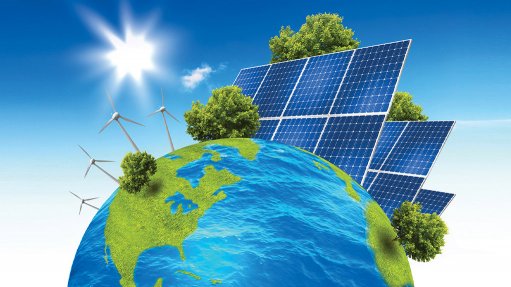
In light of Public Enterprises Minister Pravin Gordhan’s recent appeal to South Africans to help meet the country’s energy demands, the South African National Energy Development Institute (SANEDI) has issued some tangible ways consumers can cut down their electricity usage. As the country faces severe energy constraints, citizens have been urged to be mindful of their electricity consumption outside of load shedding times.
While simple every day actions such as turning lights off when leaving a room and swopping out regular globes with energy saving globes are listed among the measures you can take, there are more effective energy saving tips South Africans can consider.
Heating water is one of the most energy-intensive processes in the home and therefore one of the most expensive. Be sure to set your geyser temperature to 60 degrees. The reduction in temperature will ensure you don't need to add too much cold water when you shower or do the dishes. Also, insulate both the geyser and outlet pipes to keep the water warm.
In the kitchen, using a microwave rather than an oven will use half the amount of time and consume half the energy! Braaing or making use of a gas stove are also great alternatives to saving even more energy. When cooking on electric hobs, match the pan size to the element size, for example a 12cm pan on a 16cm burner will waste more than 40% of the heat. Also, remember to keep the lid on the pot when you cook to conserve heat and energy.
SANEDI have urged people with dishwashers to use them, rather than washing by hand. If you had to hand-wash a 12-piece dinner service (knives, forks and glasses included), it would consume 2.5kWh of electricity and 103 litres of water. The same load in a dishwasher will use only 1.05kWh of electricity and 12 litres of water, while taking a fraction of the time.
For washing of clothes; use a 40°C wash cycle rather than 60°C. This equates to a 30% electricity saving and skipping the pre-wash cycle will use up to 20% less electricity. Furthermore, let clothes dry naturally rather than tumble drying. When purchasing new appliances ensure that they carry the Energy Efficiency label, preferably rated with an A-rating.
In the office; turn off printers, copiers and fax machines when they are not in use; don’t rely on sleep mode. Using power management on your desktop computer could save 900 kilowatt-hours a year, this amounts to more than 680kg of carbon dioxide emissions!
For more energy saving tips and advice visit www.sanedi.org.za